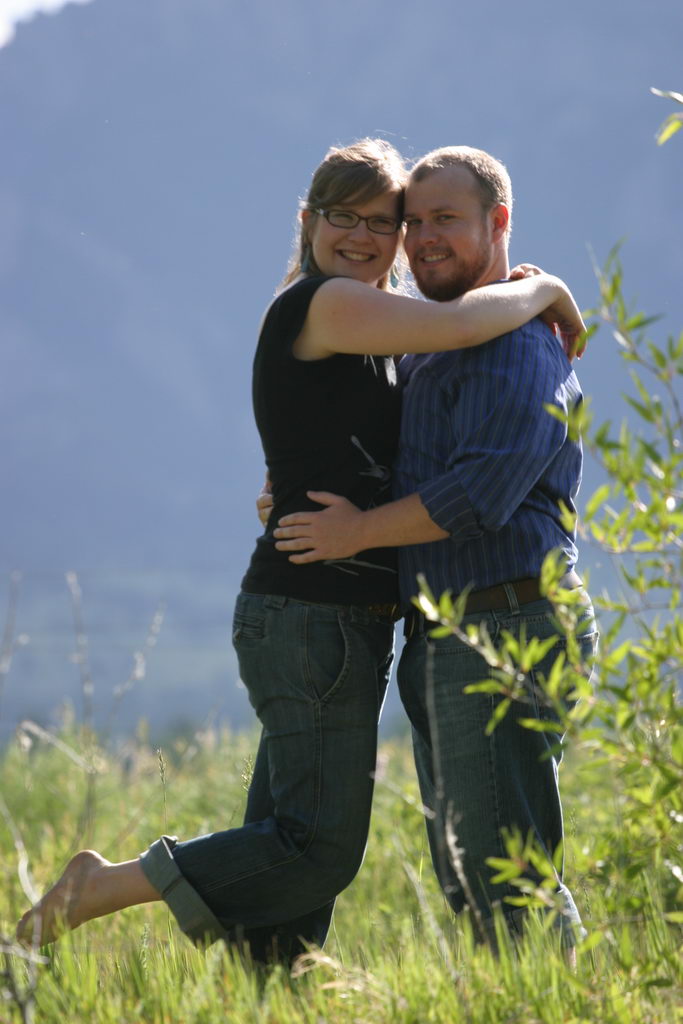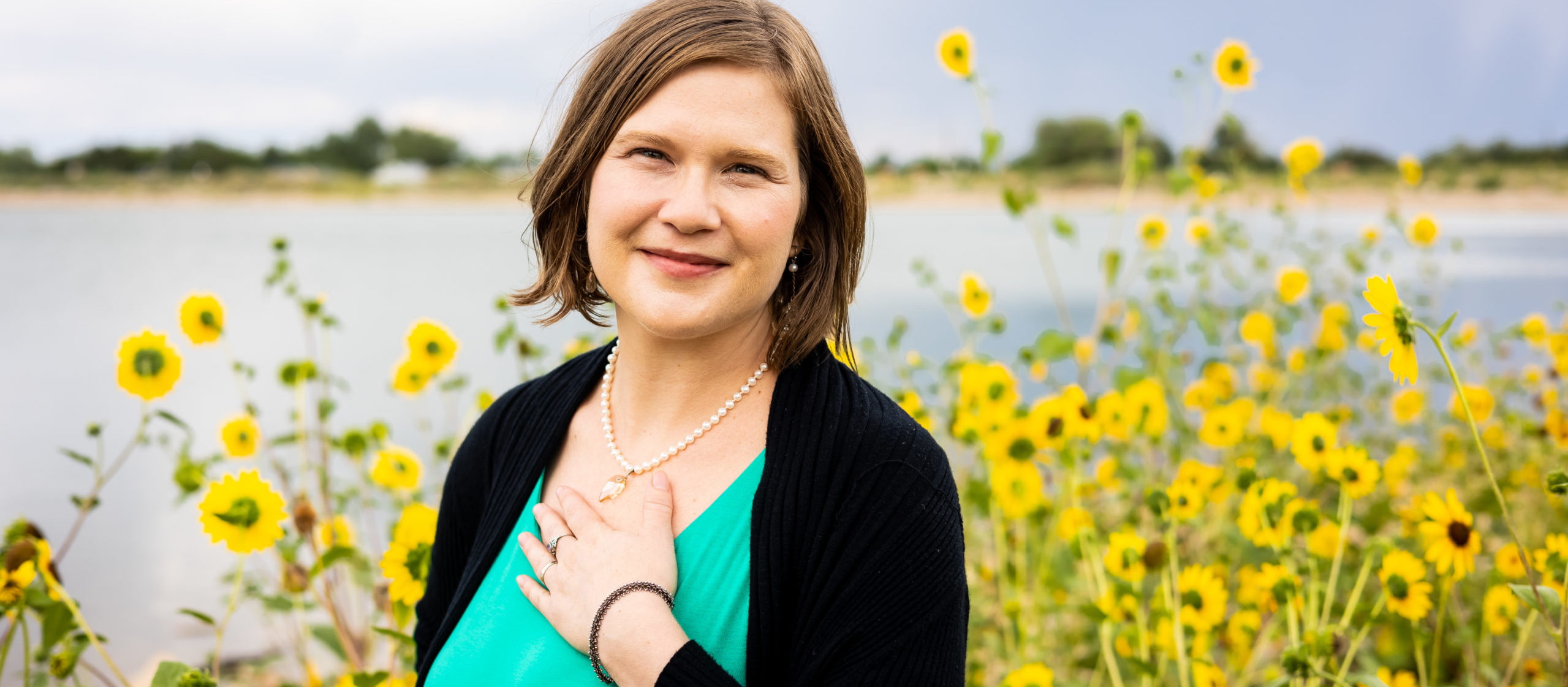As someone who has planned my own wedding and been helping others with theirs for more than ten years, I see this question come up again and again.

It always brings me back to the moments after I got engaged. I’d been waiting for my long time partner to propose for a long time and was excited to marry him. However, when I woke up the morning after our engagement, I could not stop crying*. I didn’t really understand why. I just was overcome by emotion. Instead of allowing myself to really look at where the emotion was coming from, I dove into logistical planning – right away. No time to enjoy a romantic vacation with my fiancé. I was immediately checking things off my to do list.
While I sincerely hope this is not everyone’s experience of engagement, I do know that the reality of committing to one person for the rest of your life can bring up a lot of different feelings. So, if you’re feeling something other than overflowing happiness, please know you are not alone and there is nothing wrong with you! If you can find a person to talk out these feelings with, that is super helpful (I’m here for you if you need an understanding ear). If you’d rather not talk, try writing in a journal or recording an audio journal.
When you get engaged, there are a lot of decisions to make. And this can be very stressful – especially because the decisions can involve a lot of money and important people in your life.
Whether you process these emotions now or later, I encourage you to make time for them. As a wedding doula, I have many ways to create space for these emotions from sacred ceremonies, to our Wise Brides* group and individual coaching sessions. But that’s for another blog or check out my website for more information.
Before you start following the typical wedding planning check list, take a moment with your partner to discuss a few basics.
- What is the purpose of your wedding?
I know this may seem obvious – to get married, right? But if the purpose of a wedding was as simple as that, then everyone would elope.
Weddings can be religious or sacred. They can be funny or silly. They can be musical and theatrical. They can be formal or casual.
What do YOU want from a wedding? What aspects are most important to you? Is there anything you want to avoid?
- Size and Budget
Once you’ve discussed the purpose and vibe of your wedding, consider your size and budget.
I’ve linked these two together because, well, the main costs of weddings are venue and food and both will need to be carefully selected based on the number of guests you want to have.
Depending on your particular circumstances you might start with budget and then discuss the guest list or the other way around. Both of these topics can bring up emotions you might not expect. Take the time to be with their feelings (or your own) and explore where they are coming from. Are they based on values you want to keep? How do you choose to move forward, together?

There’s plenty more to discuss on the road to marriage., but I believe this is a very good place to start. When you’re ready, discuss a date and a venue. Remember, there’s no “right” way to be married and nothing you have to do. You and your partner will decide how you want to conduct and celebrate your union and the birth of your new family!
